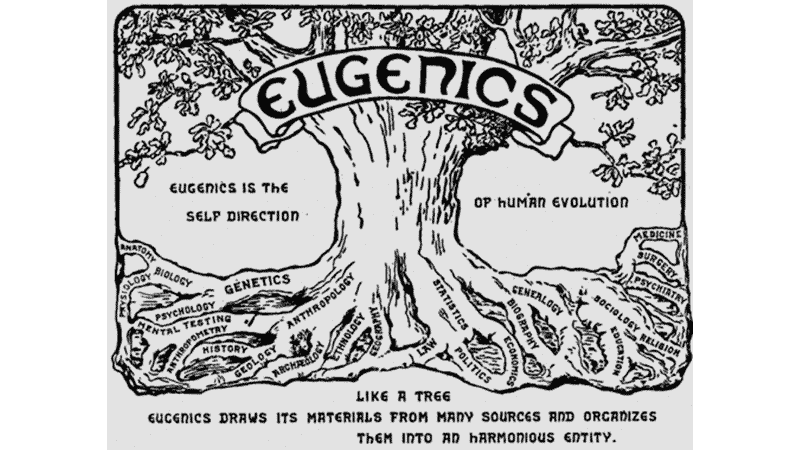The story of how Marius broadened public awareness was key to these changes. In 2017, Marius was invited to Bucharest to discuss his research findings - an event that was streamed online to a wide audience.
His pioneering research over many years had focused on eugenics movements in East-Central Europe. He investigated the different eugenic and racist traditions leading to the Holocaust, and the intention to ‘cleanse’ the country of ‘undesired’ individuals from ethnic minority groups including the Jewish and Roma communities.
Prompted by the lack of awareness amongst younger people and the general public, Marius curated two exhibitions, running from 2018 to 2020. Using historical evidence, he showed the history of different ethnic groups in the early 20th century, including Hungarians, Germans, Jews and Roma, alongside national policies of the Romanian state: social marginalisation, exclusion and ultimately ethnic cleansing and genocide.
Both exhibitions attracted huge interest, both within Bucharest and in other cities where they were displayed. In Bucharest, almost 3,000 visited the first exhibition up to July 2018, while in Cluj over 2,000 visited up to May 2019. Feedback from visitors showed that many had never engaged with these topics at school or university.
Helping young people to understand the past was central. Marius worked with teachers in high schools across Romania to translate visual materials from the exhibition into classroom activities. As one teacher explained, it was a powerful tool to ‘awaken the civic consciousness’ about ‘the real traumas that such ideas inflicted on people.’ Many students worked on their own projects: one group of high school students in Bucharest made a documentary about racial discrimination.

